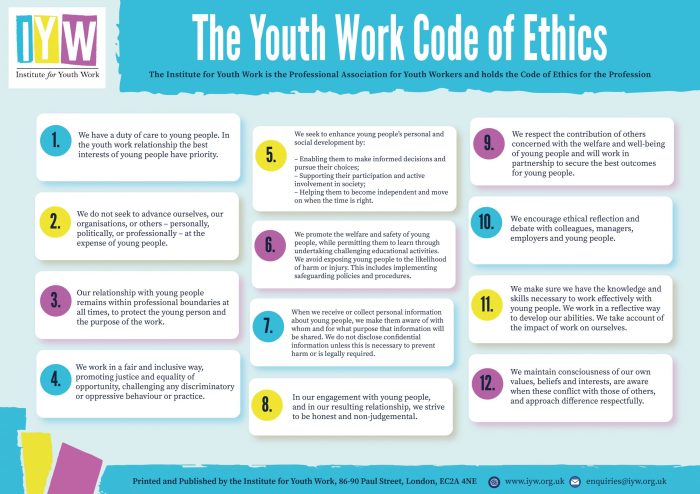The Louisiana Attorney Rules of Professional Conduct provide a comprehensive framework for ethical behavior by attorneys in the state of Louisiana. These rules govern all aspects of an attorney’s professional life, from the initial client relationship to the handling of client funds and the conduct of litigation.
By adhering to these rules, attorneys can ensure that they are providing their clients with the highest level of representation and that they are upholding the integrity of the legal profession.
This guide will provide an overview of the Louisiana Attorney Rules of Professional Conduct, including the scope of the rules, the duties of attorneys to their clients, the ethical implications of practicing law without adequate preparation or competence, the rules governing attorney fees and billing practices, the ethical rules governing attorney advertising and solicitation, the duty of attorneys to be truthful and forthright with the court, the ethical rules governing fair dealing with opposing parties and counsel, the doctrine of imputed disqualification, the ethical duties of attorneys to safeguard client property, and the ethical rules governing prohibited transactions between attorneys and clients.
Scope of the Rules of Professional Conduct

The Louisiana Rules of Professional Conduct (LRPC) govern the ethical obligations of attorneys practicing in the state of Louisiana. These rules are designed to ensure that attorneys maintain a high level of professionalism and integrity in their dealings with clients, the public, and the courts.
The LRPC apply to all attorneys licensed to practice law in Louisiana, as well as to attorneys who are not licensed in Louisiana but who are practicing law in the state. The rules also apply to law students and other individuals who are providing legal services under the supervision of an attorney.
Client-Lawyer Relationship, Louisiana attorney rules of professional conduct
The LRPC impose a number of duties on attorneys in their dealings with clients. These duties include the duty of loyalty, the duty of confidentiality, and the duty of competence.
The duty of loyalty requires attorneys to act in the best interests of their clients. This means that attorneys must avoid conflicts of interest and must not take any actions that could harm their clients.
The duty of confidentiality requires attorneys to keep their clients’ secrets confidential. This means that attorneys cannot disclose any information about their clients without their clients’ consent, even if the information is relevant to a legal proceeding.
The duty of competence requires attorneys to provide their clients with competent legal services. This means that attorneys must have the knowledge and skills necessary to handle their clients’ cases effectively.
Competence and Diligence
The LRPC require attorneys to provide their clients with competent legal services. This means that attorneys must have the knowledge and skills necessary to handle their clients’ cases effectively.
Attorneys must also be diligent in their representation of their clients. This means that attorneys must work hard to prepare their clients’ cases and to keep their clients informed about the status of their cases.
Attorneys who fail to provide their clients with competent and diligent legal services may be subject to discipline by the Louisiana State Bar Association.
Fees and Billing Practices
The LRPC govern the fees that attorneys may charge their clients. Attorneys must charge reasonable fees and must provide their clients with a written fee agreement before beginning work on their cases.
Attorneys must also keep accurate records of their fees and expenses. These records must be available for inspection by their clients and by the Louisiana State Bar Association.
Attorneys who violate the LRPC’s rules governing fees and billing practices may be subject to discipline by the Louisiana State Bar Association.
Advertising and Solicitation
The LRPC govern the advertising and solicitation of legal services. Attorneys may advertise their services, but they must do so in a truthful and non-deceptive manner.
Attorneys may not solicit clients in person or by phone, unless the client has given the attorney permission to do so.
Attorneys who violate the LRPC’s rules governing advertising and solicitation may be subject to discipline by the Louisiana State Bar Association.
Questions Often Asked: Louisiana Attorney Rules Of Professional Conduct
What is the purpose of the Louisiana Attorney Rules of Professional Conduct?
The Louisiana Attorney Rules of Professional Conduct are designed to protect the public and the legal profession by establishing ethical standards for attorneys. These rules govern all aspects of an attorney’s professional life, from the initial client relationship to the handling of client funds and the conduct of litigation.
What are the ethical obligations of attorneys under the Louisiana Attorney Rules of Professional Conduct?
Attorneys are obligated to provide competent representation to their clients, to maintain client confidentiality, and to avoid conflicts of interest. Attorneys must also be truthful and forthright with the court, and they must treat opposing parties and counsel with fairness and respect.
What are the consequences of violating the Louisiana Attorney Rules of Professional Conduct?
Violations of the Louisiana Attorney Rules of Professional Conduct can result in a variety of sanctions, including disbarment, suspension, or reprimand. Attorneys may also be liable for civil damages if they violate the rules.

